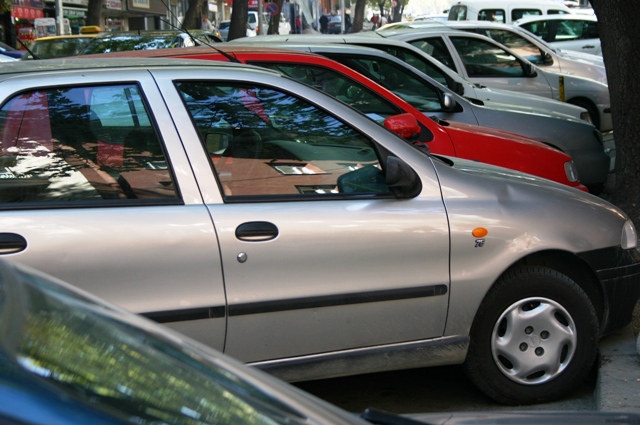
According to data released by the Pakistan Automotive Manufacturers Association, local automobile sales dipped 25.8%, touching only 82,979 units in the first eight months of the current fiscal year compared to 111,889 units in the corresponding period of the previous year.
The local automobile industry has been witnessing its own recession, mainly due to the conclusion of the Punjab government’s yellow cab scheme. The government had allocated Rs4.5 billion in fiscal 2012 for the provision of 20,000 yellow cabs to the youth of the province.

Another blow to the industry came in the discontinuation of the Alto and Cuore brands of cars, due to a halt to the production of vehicles not compliant with Euro-II standards, shifting the interest of buyers to imported cars.
Imported used cars have been challenging local automakers in both price and quality, hurting their sales. But, with import restrictions taking effect, the local industry is destined to rebound.
According to HM Shahzad, Chairman of the All Pakistan Motor Dealers Association (APMDA), approximately 40,000 cars were imported in the first eight months of fiscal 2013. The government cut the age-limit for imports from five to three years in December 2012. The finance ministry’s argument was that the reduction will help local assemblers, who are facing adverse business conditions due to influx of imports.

Sales of locally-assembled cars had stabilised in February, clocking in at 12,628 units compared to 12,811 units in January, attributable to declining stocks of imported used cars and election buying, said Zeeshan Afzal of Topline Securities. Furthermore, when compared to a 2% month-on-month decline in passenger cars to 11,344 units, LCVs’ sales increased by 4% month-on-month to 1,284 units during the month.
Pak Suzuki Motor Company (PSMC) – the country’s largest assembler – saw sales dip 31% to 48,328 units during the July 2012 to February 2013 period, as against 70,162 units in the corresponding period of the preceding year.
However, on a monthly basis, PSMC’s sales remained flat at 7,000 units, primarily due to an 11% improvement in sales of cargo vehicles to 2,509 units. Passenger car sales declined 5% to 4,491 units in February, after booming sales in January due to ‘New Year’ buying.
Similarly, Indus Motor Company (IMC) saw its sales decline 36% to 21,847 units in the period reviewed, as against 34,366 units in the corresponding period of last year. The decline in sales was primarily due to a 34% decline in sales of the Corolla – the highest selling car in the country – to 19,062 units, and the termination of the Cuore.
However in February, sales for the company were recorded at 3,588 units, stable as compared to 3,560 units in the preceding month due to the elections effect.
Atlas Honda managed to sell 12,528 units in the July-February period. In February alone, the makers of Honda Civics managed to sell 2,015 units of the model.
The months ahead
According to Afzal, with restrictions on used imported cars taking effect, coupled with expectations of strong buying in the wake of elections, local car sales will record decent growth in the future.
However, Sarfraz Abbasi, analyst at Summit Capital, told The Express Tribune that due to the depreciation of the rupee in the wake of the weakening macroeconomic situation, local assemblers will be faced with squeezing margins with a rise in the cost of production.
“Local assemblers will increase prices to cover their costs, until they are on a par with imports in the long run,” he said.
Published in The Express Tribune, March 12th, 2013.
Like Business on Facebook to stay informed and join in the conversation.












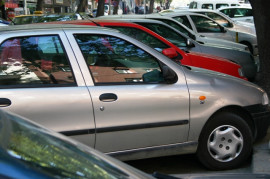
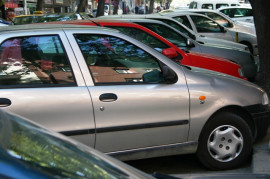
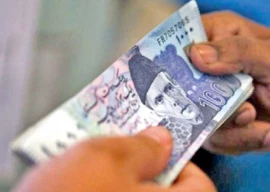


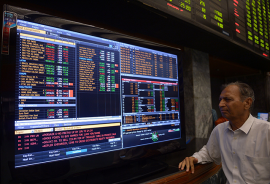
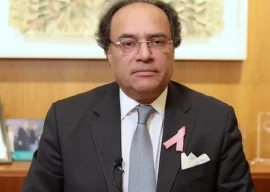















1714129906-0/Clint-Eastwood-(1)1714129906-0-270x192.webp)






COMMENTS
Comments are moderated and generally will be posted if they are on-topic and not abusive.
For more information, please see our Comments FAQ